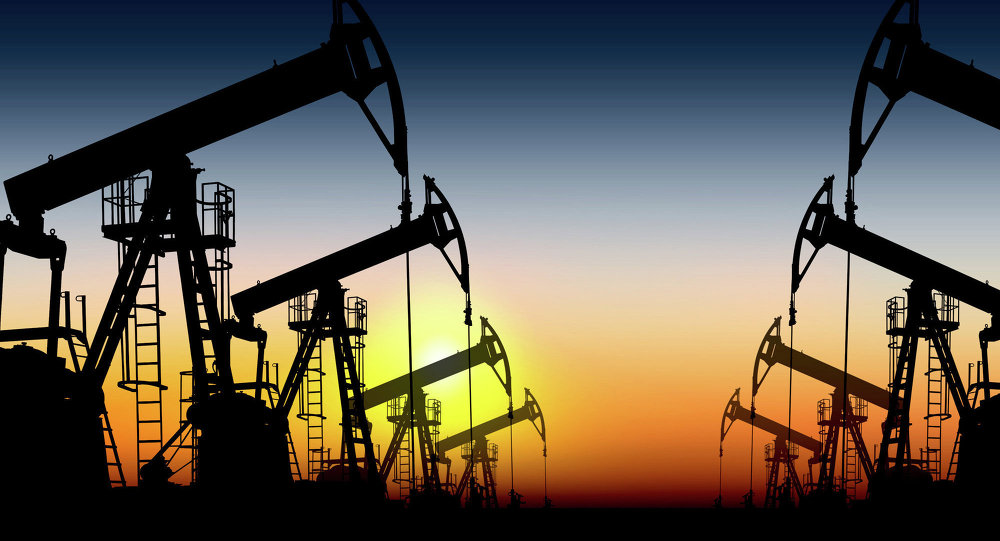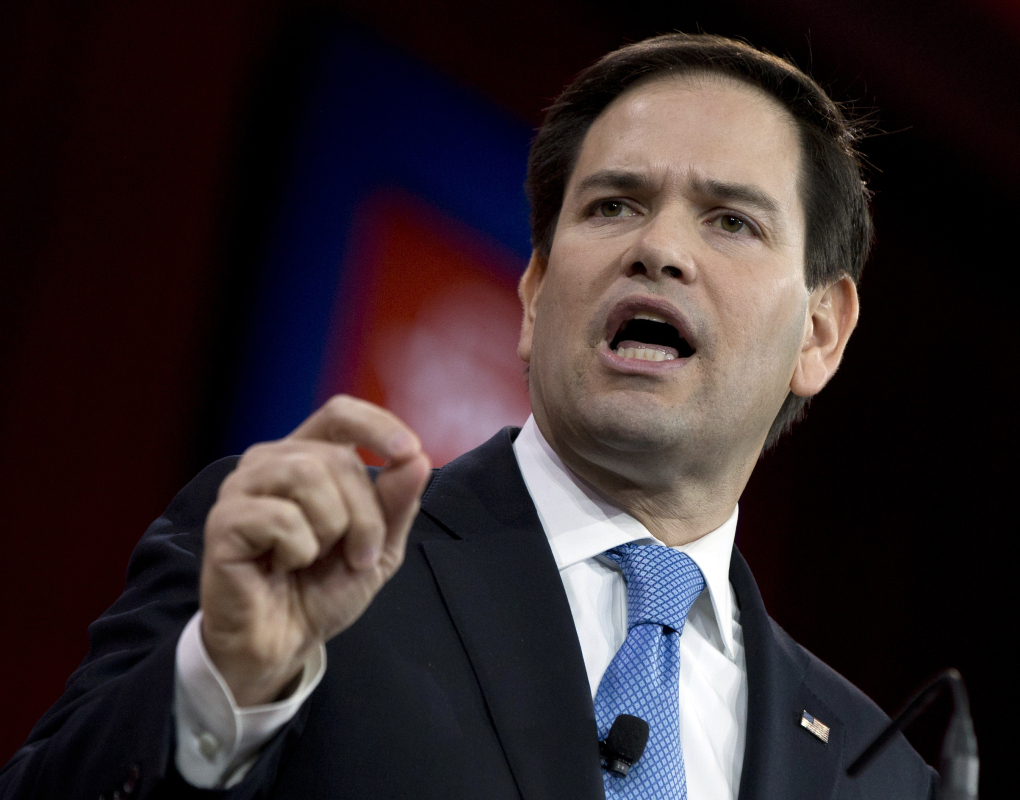Bradley Byrne: Time to lift oil export ban

Last year, Russian President Vladimir Putin orchestrated a major power play in an effort to exert control over Ukraine, a sovereign nation to Russia’s west. After the citizens of Ukraine ousted their Russian-backed president, Putin sent Russian troops into Ukraine and eventually annexed a portion of Ukraine, known as Crimea. Throughout this conflict, Vladimir Putin threatened to shut off Ukraine’s energy supply unless they complied with Russian demands. This was a perfect opportunity for the United States to step in, provide Ukraine with energy resources, and assist a country who was trying to stand up against communism. Unfortunately, a 40 year old ban prevented the United States from exporting our crude oil. The ban is a relic of the past that was instituted in 1975 by President Gerald Ford in response to the Arab oil embargo. Times have clearly changed and the ban is no longer needed. This debate over lifting the oil export ban comes as the United States is producing more oil than ever before. Over the last decade, the United States has become the leading producer of oil and natural gas in the world. Unfortunately, President Barack Obama is opposed to Congress lifting the crude oil export ban because he believes the decision should be left up to the federal Department of Commerce. In other words, the Obama Administration would rather an unelected federal agency make the decision instead of the democratically-elected Congress. By standing in the way, President Obama is tying our hands both domestically and around the globe. A key national security tool is being able to ensure our allies have dependable access to affordable energy. Former Secretary of Defense Leon Panetta recently wrote in the Wall Street Journal that repealing the oil export ban is a “powerful, nonlethal tool” to help spread democracy abroad. Russia is a clear example of why the United States should repeal the ban. A number of countries like Finland and Bulgaria depend on Russia for more than 50% of their oil. In the Middle East, Iran uses its energy supply to raise revenue that can then be funneled to terrorist organizations. The United States should offer an energy alternative to these bad actors. The benefits of lifting the ban are not limited to foreign policy. In fact, there are clear economic benefits. Studies show that lifting the ban would create an additional 630,000 U.S. jobs by 2019. This economic growth would also allow manufacturers to expand and boost our gross domestic product. The Government Accountability Office also found that lifting the ban would lower gas prices right here in the United States by 1.5 cents to 13 cents per gallon. Even President Obama’s own Department of Energy found that increased oil exports would help lower gas prices at home. A recent survey found that 69% of Americans support lifting the ban, and numerous editorial boards from both conservative and liberal papers like the Wall Street Journal, Washington Post, Detroit News, and the Washington Times have called for the ban to be lifted. With this mind, I was proud to vote recently in favor of a bill to repeal the outdated oil export ban. The bill passed the House by a vote of 261 to 159, with 26 Democrats joining with the Republican majority to pass this commonsense legislation. This is clearly an issue on which Republicans and Democrats can find common ground. So, I call on President Obama to reconsider his veto threat and to look at the clear economic and national security benefits of repealing the oil export ban. It is critically important that America once again lead on the world stage. Bradley Byrne is a member of the U.S. Congress representing Alabama’s 1st Congressional District.
Marco Rubio touts end to oil-export ban, bemoans EPA in Oklahoma

The United States should end its ban on crude-oil exports and reduce federal regulations that are stifling an energy industry central to the nation’s future economic prosperity, U.S. Sen. Marco Rubio said Wednesday to a friendly group of mostly oil and natural gas producers. The GOP presidential hopeful from Florida unveiled some highlights of his domestic energy policies at a meeting with members of the Oklahoma Independent Petroleum Association in Oklahoma City. “I believe that energy independence and energy innovation is one of the most transformative developments that America has ever seen in its history, if properly harnessed,” Rubio said. “Yet despite its importance, our outdated government continues to make energy one of the most politicized and regulated aspects of our entire economy.” Rubio said the ban on crude-oil exports is a throwback to the 1970s, long before a domestic oil production boom that resulted from industry advances like horizontal drilling and hydraulic fracturing. Lifting the ban, Rubio said, “will strengthen our national security interests by stabilizing global energy markets and reducing the leverage of anti-American, oil-rich governments.” Rubio also bemoaned the regulatory influence of the U.S. Environmental Protection Agency and said if elected president, he would immediately push to end the agency’s Clean Power Plan aimed at reducing power plant carbon emissions. “As president, I will immediately stop this massive regulation,” Rubio said. Finally, Rubio said he would leave energy regulations up to individual states, which he said are in a better position to impose them. Patrice Douglas, a former member of the Oklahoma Corporation Commission, which oversees oil and gas production, utilities and other industries in Oklahoma, said rising utility costs are largely the result of mandates imposed by federal regulators like the EPA. “State regulators understand what’s going on in their states above the ground and under the ground,” Douglas said. “I think state regulators are more well-suited to that kind of regulation. We can tailor what we need to meet the needs of Oklahomans.” Christine Freundlich, a spokeswoman for the Democratic National Committee, described Rubio as a “puppet to Big Oil” and said his energy plan would move the country backward. “An oil- and gas-focused energy plan that weakens environmental protections is not a modern plan — it’s a plan written and bankrolled by Big Oil for an outdated candidate like Marco Rubio,” Freundlich said in a statement. Before Rubio’s speech to the OIPA, he attended a couple of private fundraisers and toured the Oklahoma City National Memorial & Museum, which is dedicated to the 168 people killed on April 19, 1995, when a truck bomb destroyed the Alfred P. Murrah Federal Building in downtown Oklahoma City. Republished with permission from The Associated Press.


